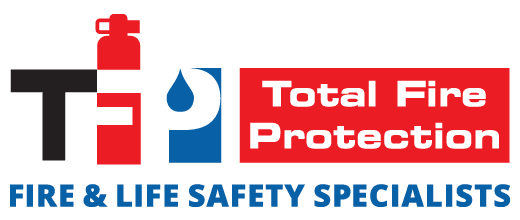 With winter weather upon us, many homeowners are spending more time in their homes to avoid the cold. December and January are the most common months for house fires, which means you should familiarize yourself with winter fire safety to keep yourself and your family safe this winter season.
With winter weather upon us, many homeowners are spending more time in their homes to avoid the cold. December and January are the most common months for house fires, which means you should familiarize yourself with winter fire safety to keep yourself and your family safe this winter season.
Below, we discuss why winter fire safety is unique as well as the top five tips for protecting your home from fire this winter.
What Makes Winter Fire Safety Different?
The winter is the peak time for house fires because many homeowners turn to secondary heat sources to stay warm. Space heaters, fireplaces, and generators are most commonly used during winter, and all of these can be dangerous if misused.
Winter Fire Safety Facts
December and January, the time when we’re most often home with our loved ones, are the peak house fire months. About 50% of the deaths related to improper generator use occur between November and February. Candles can also start home fires, and December is when most candle-related house fires occur. According to the CDC, 50,000 people are treated for carbon monoxide-related complications, and nearly 500 die from them in the U.S. yearly.
Winter Fire Safety Tips
House fires are most common during the winter, so make sure to review the below tips carefully to keep your home and family adequately protected this season.
1 – Replace Appliances with Damaged Cords
Frayed electrical cords can quickly start a house fire if they come in contact with anything flammable like rugs, furniture, or blankets. Carefully inspect the cables on your appliances and electronics, and replace any that have been damaged in any way.
2 – Stay in the Kitchen when Cooking
Cooking is the leading cause of home fires in America, so always remain in the kitchen whenever your stove is in use. Fires occur rapidly and unexpectedly, so shut off your stove even if you leave the room for a short amount of time.
3 – Test Carbon Monoxide Alarms
Carbon monoxide cannot be seen or smelled, so we have to rely on CO detectors to tell us when boilers, generators, wood-burning stoves, or other heat sources emit this deadly gas. Contact one of our experts to have permanent CO alarms installed or to have yours checked for proper functionality.
4 – Test Smoke Alarms
Although smoke alarms won’t prevent fires, they can help keep you and your family members safe in the event of a fire. Test your smoke alarms monthly to make sure they work as intended.
5 – Use Space Heaters with Automatic Shut-off
Many homeowners use space heaters to supplement their primary heating source. These portable heaters can be dangerous if they overheat, get knocked over, or are placed too close to flammable materials. Always make sure your heaters have an automatic shut-off feature to help prevent fires.
Looking to have your CO and smoke alarms inspected, repaired, or replaced? Get in touch with one of our CO and smoke alarm experts today.




